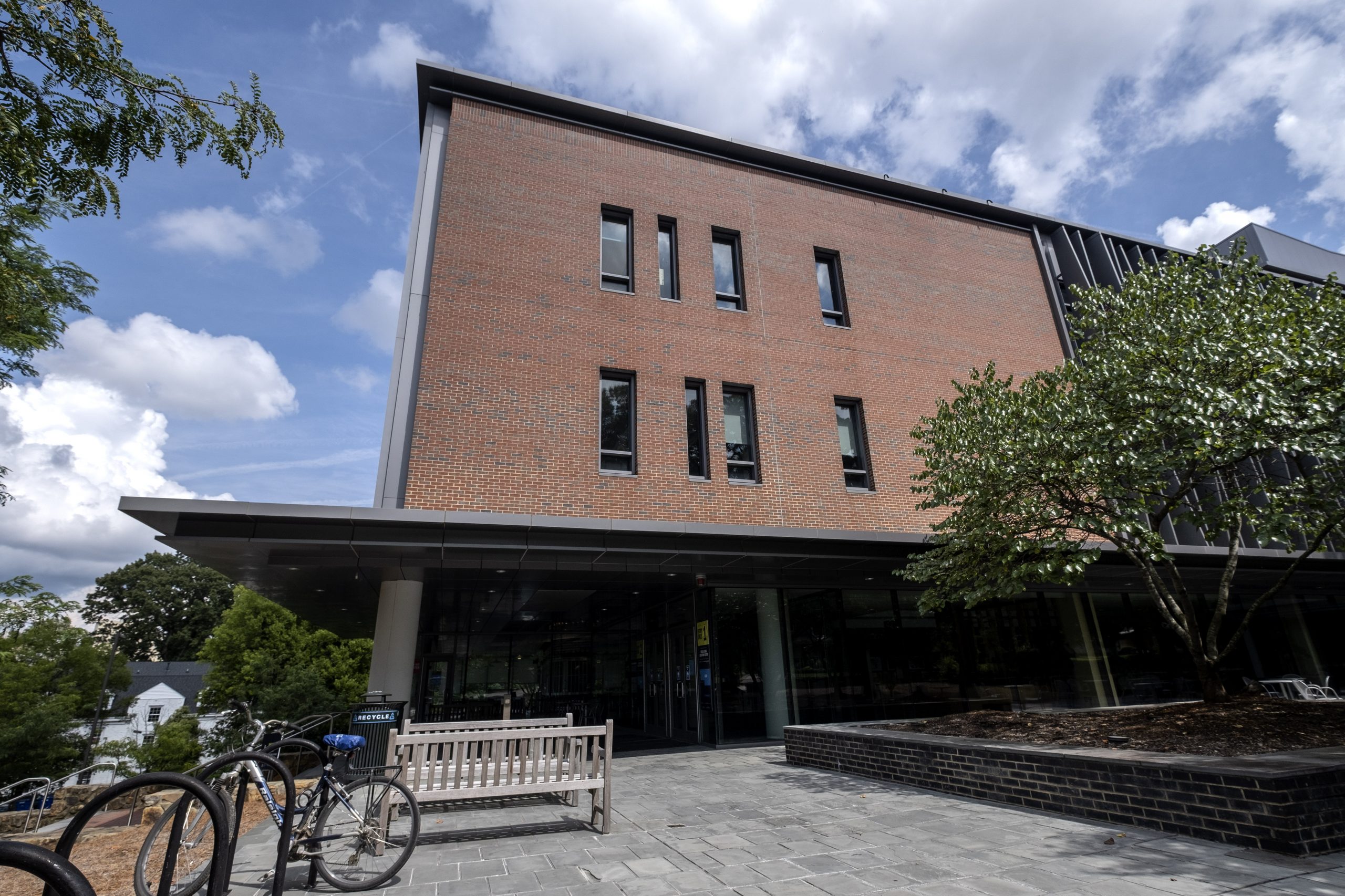Students at the University of North Carolina at Chapel Hill are studying Vietnamese language classes virtually through a pilot program initiated by the Carolina Asia Center and the UNC Study Abroad Office.
The courses, which can be taken for UNC-Chapel Hill credit at no additional cost, are administered through SOAS University of London, a world-leading institution in the study of African and Asian languages. SOAS has a long history of offering less commonly taught languages.

Ten students are enrolled in the first level of the program, Vietnamese Language 1A for Fall 2020, with the option to continue to the next level in Spring 2021. Students will learn Vietnamese pronunciation and writing systems, read and write basic texts, and engage in everyday conversation topics. The course began Sept. 28.
“We’ve recently seen a rise in student calls for more content focused on Southeast Asia, and we’re eager to try and expand our offerings in this area,” said Kevin Fogg, associate director of the Carolina Asia Center. “We think Vietnamese can be especially important for Carolina students because it is now the sixth most-spoken language in North Carolina homes.”
Students have enrolled in the course for a variety of reasons. Vany Nguyen is currently pursuing an advanced degree in the Eshelman School of Pharmacy. As a heritage learner, this will be Nguyen’s first opportunity to study Vietnamese formally after some exposure to the language growing up.
Daniel Bonomo ’21, a senior majoring in business administration and global studies, said his interest in language learning is fueled by his experience growing up with Dutch heritage in Brazil—and his continued interest in building on his global perspective at UNC-Chapel Hill. In addition to studying Chinese at Carolina, he wants to begin learning Vietnamese to facilitate a future career in international affairs.
The Carolina Asia Center and UNC Study Abroad Office received support for this pilot program from the Office of the Vice Provost for Global Affairs and the Chancellor’s Global Education Fund. More information on the program can be found on the Carolina Asia Center’s website.
